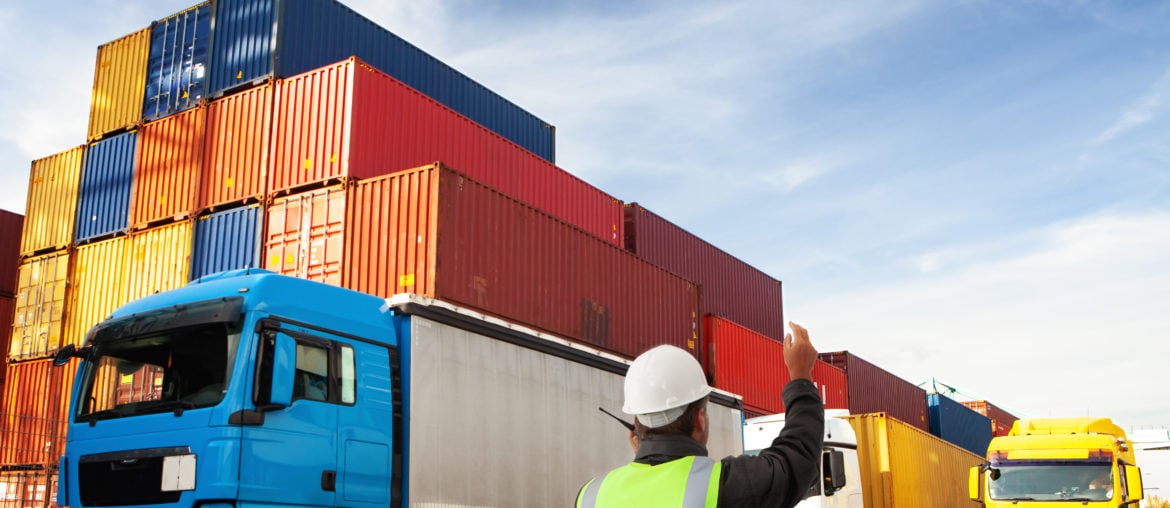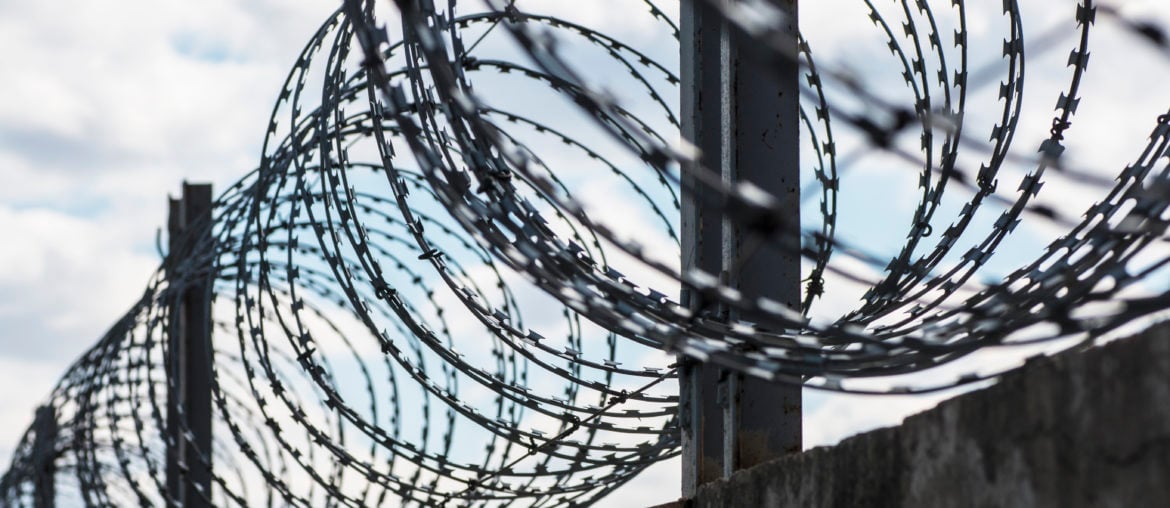Yesterday, as part of its annual Virtual Trade Week series, US Customs and Border Protection (“CBP”) issued a list of Frequently Asked Questions on forced labor (“the FAQs”). The FAQs consist of responses to ten questions focused on current issues and latest developments in forced labor enforcement. As mentioned in the FAQs, in FY2020 (October 1, 2019 – September 30, 2020), CBP set a record by issuing 13 Withhold Release Orders (“WROs”), detaining over $55…
On June 8, 2021, the White House published a set of reports on the 100-day interagency reviews (“Reports”) conducted pursuant to Executive Order 14017 (“Supply Chain EO”), which assessed supply chain risks and vulnerabilities for several supply chains, including those relating to semiconductor manufacturing and advanced packaging, and made policy recommendations to address those risks. The Reports suggest that export controls on semiconductor-related equipment and technology can help protect the technological advantage of the United States in…
On March 5, 2021, US Customs and Border Protection (“CBP”) issued a new factsheet regarding how Withhold Release Orders (“WROs”) might be modified or revoked by CBP (“WRO Modification and Revocation Guidance”), which builds upon previous guidance by CBP on similar issues, including the factsheet issued on August 6, 2020. As a reminder, a WRO can be issued when CBP reasonably (but not conclusively) believes that certain goods are mined, produced, or manufactured, wholly or…
Introduction The UK, US, and Canadian governments have recently announced a range of new measures in relation to human rights violations alleged to be taking place in Xinjiang, China. The new measures include enhanced due diligence requirements for companies with links to the region in order to identify and remove the use of forced labor from their supply chains. The move further underlines the importance of effective supply-chain risk management for companies with complex global…
On December 2, the US Government announced the latest in a long series of actions responding to allegations of forced labor of Muslim Uyghurs and other ethnic minorities in Xinjiang, China. Specifically, US Customs and Border Protection (“CBP”) issued a Withhold Release Order (“WRO”) dated November 30, 2020 against cotton products made by the Xinjiang Production and Construction Corps (“XPCC”). The WRO was issued based on information that CBP believes reasonably indicates XPCC’s use of…
Yesterday U.S. Customs and Border Protection (CBP) issued its first finding of forced labor in 24 years (Finding) against importation into the United States of certain goods from a Chinese company. The Finding was made pursuant to 19 U.S.C. 1307, which prohibits the importation of merchandise mined, manufactured, or produced, wholly or in part, by forced labor, including convict labor, forced child labor, and indentured labor. Building upon the withhold release order issued in May…
Historically, corporate sanctions compliance programs have tended to focus primarily on ensuring that products and services are not sold or diverted to prohibited customers or sanctioned territories. There has often been less focus on the entirety of the supply chain, particularly the significant sanctions compliance risks that can arise upstream in the context of suppliers and vendors. Over the past few years, there has been a shift, with many companies now paying closer attention to…





